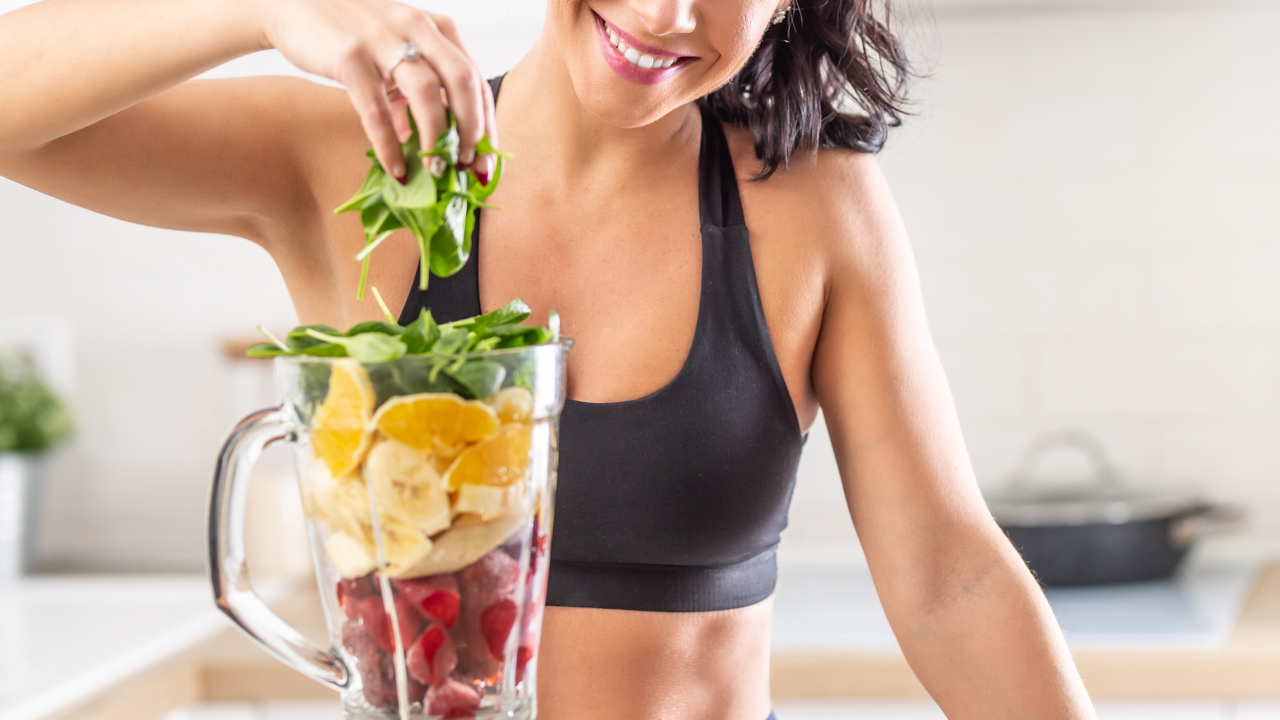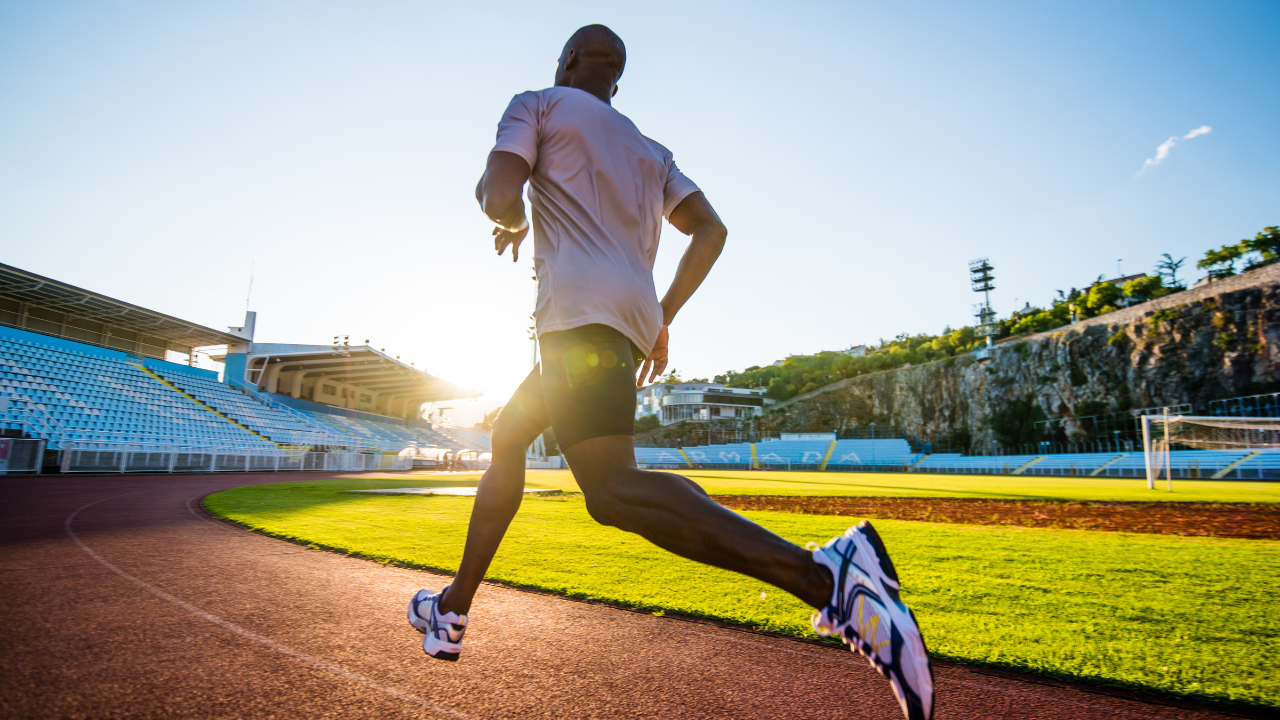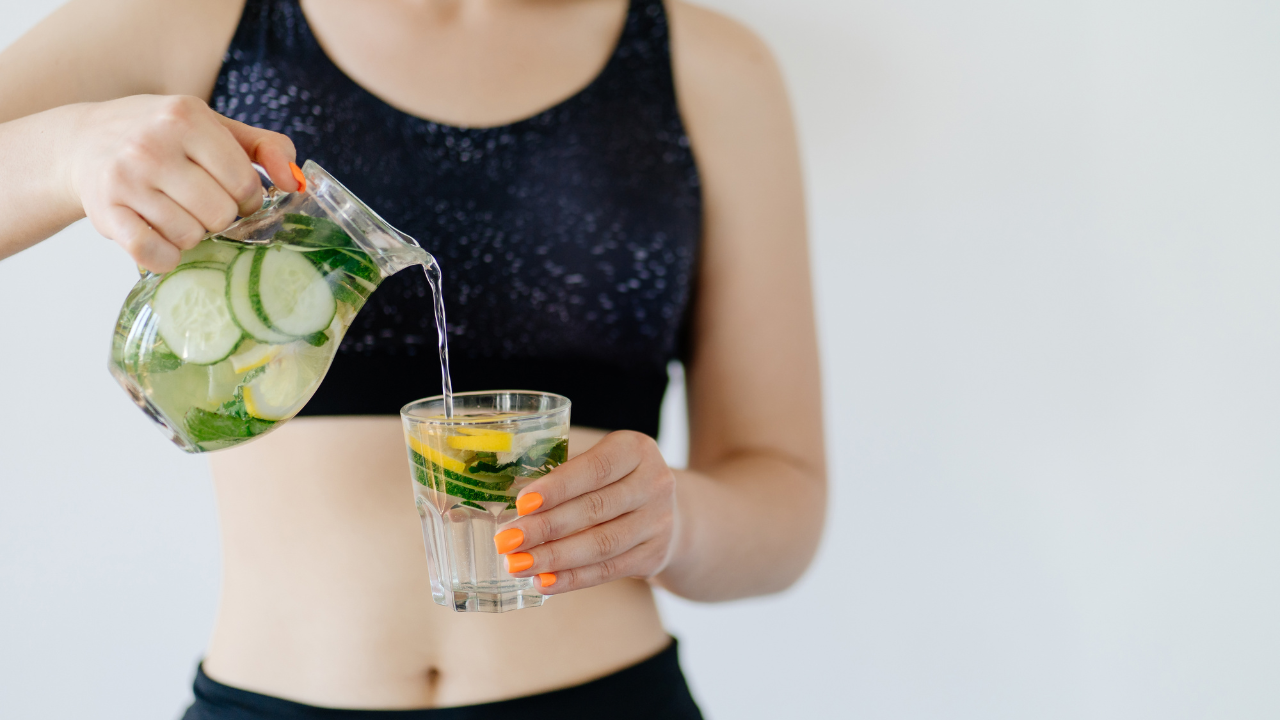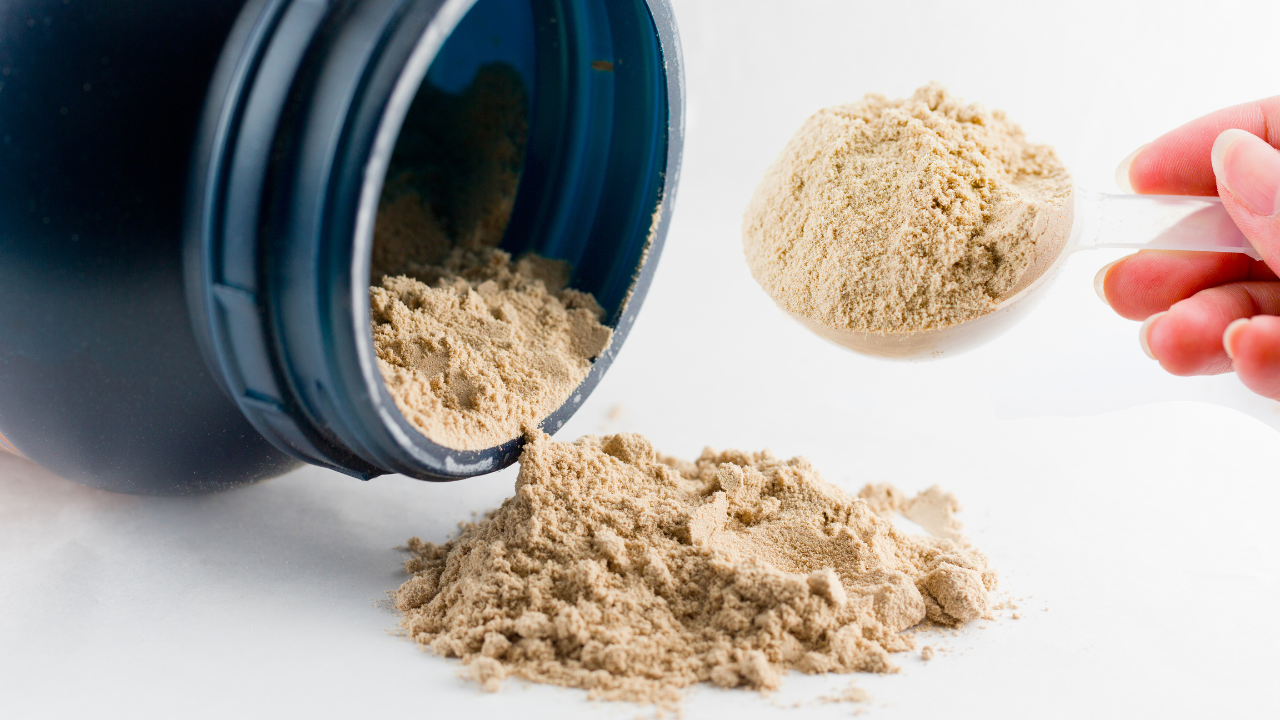Post Workout Nutrition: Why It's Important and How to Do it Right
If you are someone who trains and/or competes in a sport or a range of sports, you likely want to get the most benefit out of your workouts. You train hard, dedicate the time, and you want to see yourself getting stronger and faster as a result. Sure, you probably already know that pushing yourself physically to new limits can help you to achieve this.
But did you know that how and when you refuel with nutrition after your training sessions and competitions is another crucial piece of enhancing your performance?
This is where recovery food comes in. If your aim is to build and/or maintain muscle mass and improve your performance when training with moderate to high intensity sessions, your recovery nutrition is an essential factor to consider.
There are 3 main components of optimal exercise recovery...
Refuel.
Rehydrate.
Rest-up.
I won’t speak too much to the rest-up component, but in terms of the nutrition-related components (refueling and rehydrating), let’s cover some of the basics.
In simple terms, recovery nutrition involves a beverage, meal, or snack consumed shortly after a training session or competition.
Why is Recovery Nutrition so Important?
During moderate to high intensity exercise, the body’s natural energy stores, such as glycogen, a carbohydrate molecule stored in the liver and muscle cells gets used up and needs to be replenished. In addition, muscle fibers are broken down and need to be rebuilt and repaired. While this process is generally good and can lead to an increase in strength and metabolic adaptation, it is essential that your body receives the nutrition it needs to do so.
For you athletes who train multiple days in a row, or multiple times a day, recovery nutrition is essential to jumpstart muscle protein synthesis (aka muscle building) and restore the body’s energy stores, so that you can tackle your next training session with ease.
Rehydrate
When I speak of recovery nutrition, I do not just mean food! Fluid balance is crucial too, and it is important to get enough water before, during, and after exercise. A general rule of thumb is to have about 1L of fluid (water, tea, milk, coffee) for every 50 pounds body weight throughout the day. On top of this, add 1-2 cups for every 30 minutes of exercise.
In terms of post-exercise rehydration, provided you were well hydrated before exercise (I hope so!), it is still important to replace the water and electrolytes you have lost through sweat and respiration. The amount you lose can vary depending on genetics, heat, the amount of gear you are wearing, etc. However, aim to and have at least 1-2 cups of water within 30 minutes to an hour of finishing your training.
You may need a sports drink or beverage containing added electrolytes if you:
o engage in intense exercise > 90 minutes
o have been wearing heavy gear (eg. hockey)
o have been exercising in a hot/humid climate
o have moderate to heavy sweating
Tip: Add a squeeze of lemon to your post-workout beverage for some anti-oxidants to help soothe the inflammation caused naturally through exercise.
Refuel
There are two main things to consider with post workout fuel: content, and timing.
WHAT YOU EAT:
In regards to content, an ideal recovery snack or meal will include both a source of protein and carbohydrates (1). The ideal ratio is 1 gram of protein to 2-4 g of carbohydrates; aim for the higher end of carbohydrates with more intense exercise (ie. long distance running, powerlifting) (2).
Your meal or snack should be low in fat and fibre because these nutrients slow down digestion. Slow digestion is not ideal after a training session as you want your muscle cells to be fed as soon as possible.
It is also important to include a source of antioxidants. Exercise produces causes some stress on your cells, known as “oxidative stress”, and depending on the intensity of your exercise, your cells can be under a lot of inflammation post-workout (hence tired, sore muscles). Therefore, athletes have higher antioxidant needs, as antioxidants work to fight off this damage to your cells. Adding some berries to your meal/ snack, a dash or turmeric or a squeeze of lemon in your water are simple ways to get some antioxidants in.
Want a step by step guide to meals that help you optimize your metabolism,build muscle and lose body fat?
Check out my body composition & plant-based meal plan collection - handpicked recipes with grocery list to optimize your metabolism!
Examples:
· Low fat muffin + soy milk
· Greek yogurt + banana
· Protein powder + oatmeal + berries
· Egg white scramble + toast
· Tuna + rice cakes
· Recovery smoothie (soy milk + berries + spinach + banana)
· Grilled chicken + roasted sweet potato
· Protein bar
· Salmon + brown rice
· Protein shake + fruit
P.S. Looking for a low-FODMAP and plant-based protein powder that actually tastes GOOD and won’t make you bloat? My top option is Nuzest Clean Lean Protein!
Use code LEIGH15 at checkout to save 15% off your purchase of Nuzest Clean Lean Protein.
WHEN YOU EAT:
In regards to timing, consume your post-workout snack within 30 minutes to 2 hours of completing your workout (1).
Something to keep in mind, if you had a meal shortly before your training session (say 1 hour before), then you can be a bit more lenient with this window (aim for 2 hours after to have your recovery nutrition).
The Takeaway
Before a workout, our fuel is KEY! We have to focus on what is going to fuel our muscles and organs to optimize performance and stamina, as well as prevent gut discomfort and prevent a gut flare-up.
For more tips to boost fitness and training recovery, be sure to follow along with me on instagram at leighmerotto_rd.
This blog post was originally featured on the CrossFit 6S blog: http://www.crossfit6sblog.com/blog/the-importance-of-recovery-nutrition

BE SURE TO FOLLOW ME HERE
References:
1. Kerksick, C., Harvey, T., Stout, J., Campbell, B., Wilborn, C., Kreider, R., . . . Antonio, J. (2008). International society of sports nutrition position stand: Nutrient timing. Journal of the International Society of Sports Nutrition, 5, 17-17. doi:10.1186/1550-2783-5-17
2. Thomas, D. T., Erdman, K. A., & Burke, L. M. (2016). Position of the academy of nutrition and dietetics, Dietitians of Canada, and the american college of sports medicine: Nutrition and athletic performance. Journal of the Academy of Nutrition and Dietetics, 116(3), 501-528. doi:10.1016/j.jand.2015.12.006








